Investing in Real Estate? Here’s What Home Inspectors Look for in Income Properties
Whether you're buying your first rental property or adding another door to your growing portfolio, one thing is certain: not all homes are good investments.
As a home inspection company, we’ve worked with investors at every stage—from first-timers buying their first duplex to seasoned pros flipping multi-family units. While every property has its own story, the inspection process for investment properties comes with a different lens.
Here’s what we focus on when inspecting homes for real estate investors—and what you should be paying close attention to before you buy.
1. Foundation and Structure: Can It Hold Up to Tenants?
Investment homes are often older or in need of cosmetic work, but structural stability is non-negotiable.
During your inspection, we look for:
Cracks in the foundation, sloping floors, or signs of previous shifting
Sagging rooflines, compromised framing, or water intrusion in crawlspaces
Settlement that could worsen over time (and hurt resale or rental value)
Why it matters: Structural repairs are expensive and usually not the kind of upgrades tenants notice or value. You want to spend money on improvements with ROI—not ones just to make the house livable.
2. Major Systems: Plumbing, Electrical & HVAC
One of the biggest risks in buying an investment home is underestimating the cost of deferred maintenance.
We always check:
Age and condition of HVAC units, furnaces, and water heaters
Type of plumbing (e.g., galvanized pipes, polybutylene) and evidence of leaks
Electrical panel capacity, outdated wiring, or safety concerns like double taps or GFCI issues
Why it matters: A beautiful flip won’t matter if the AC goes out in summer or a pipe bursts. These repairs can cost thousands and disrupt occupancy.
3. Fire Safety & Code Compliance (Especially in Rentals!)
If you plan to rent the property—short- or long-term—you’ll be subject to local safety codes, and failing them could delay or prevent your occupancy permits.
We inspect for:
Proper smoke and CO detectors (location, quantity, functionality)
Egress windows in every bedroom
Fire-rated doors between garages and living spaces
Grounded outlets and arc-fault protection where required
Why it matters: Local building departments can shut you down fast, especially if you're renting without a Certificate of Occupancy. We’ll flag these issues before they become legal ones.
4. Signs of Deferred Maintenance or Neglect
Flippers and landlords know that small issues compound fast. During our inspection, we note:
Water stains that could point to roof or plumbing leaks
Signs of past pest activity (termites, rodents, etc.)
Evidence of poor drainage, improper grading, or neglected landscaping
Quick patch jobs or “lipstick on a pig” repairs
Why it matters: A fresh coat of paint can hide a lot—but not from an inspector. Catching red flags early helps you budget correctly or walk away from a bad deal.
5. Cost vs. Value: What Needs Fixing Now vs. Later?
We understand investment buyers think in terms of returns and cash flow, not just condition. That’s why we focus on:
What repairs are immediate and critical
What’s cosmetic or optional
What upgrades would improve tenant appeal or justify higher rent
We don’t just say, “The roof is old.” We say, “You have 2–4 good years left. Budget for a replacement soon.”
6. Rental Property Inspection Reports: What We Provide
A good inspection report should be:
Visual, with clear photos of issues
Prioritized, so you can estimate costs and plan repairs
Shareable, so you can loop in your contractor or partner
We provide digital inspection reports that help you analyze the investment, negotiate with the seller, and even create a scope of work if you’re flipping.
Final Thoughts: Smart Investors Inspect, Then Invest
Skipping a home inspection to “save time” is one of the riskiest moves an investor can make. You’re not just buying a property—you’re buying everything wrong with it, too.
Whether your strategy is buy-and-hold, short-term rental, or BRRRR, a thorough inspection gives you leverage, clarity, and peace of mind.
If you’re in escrow on an investment property, book your inspection with a team that understands investor needs. We’ll help you avoid the money pits and focus on the deals that truly pay off.


